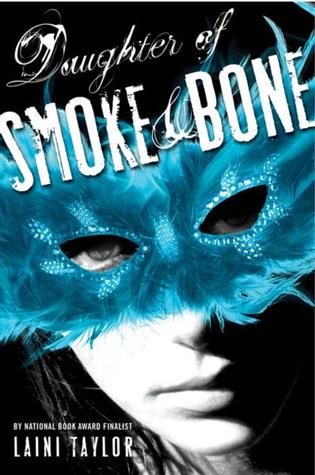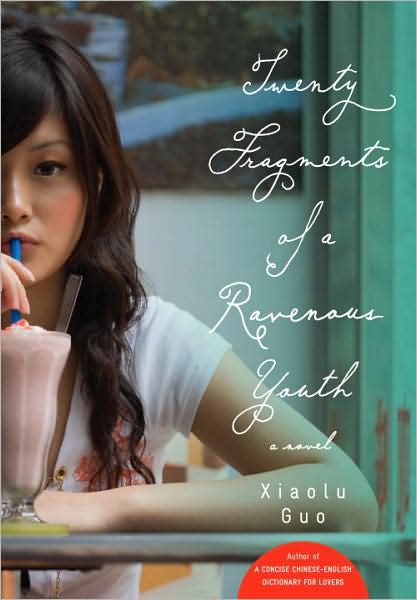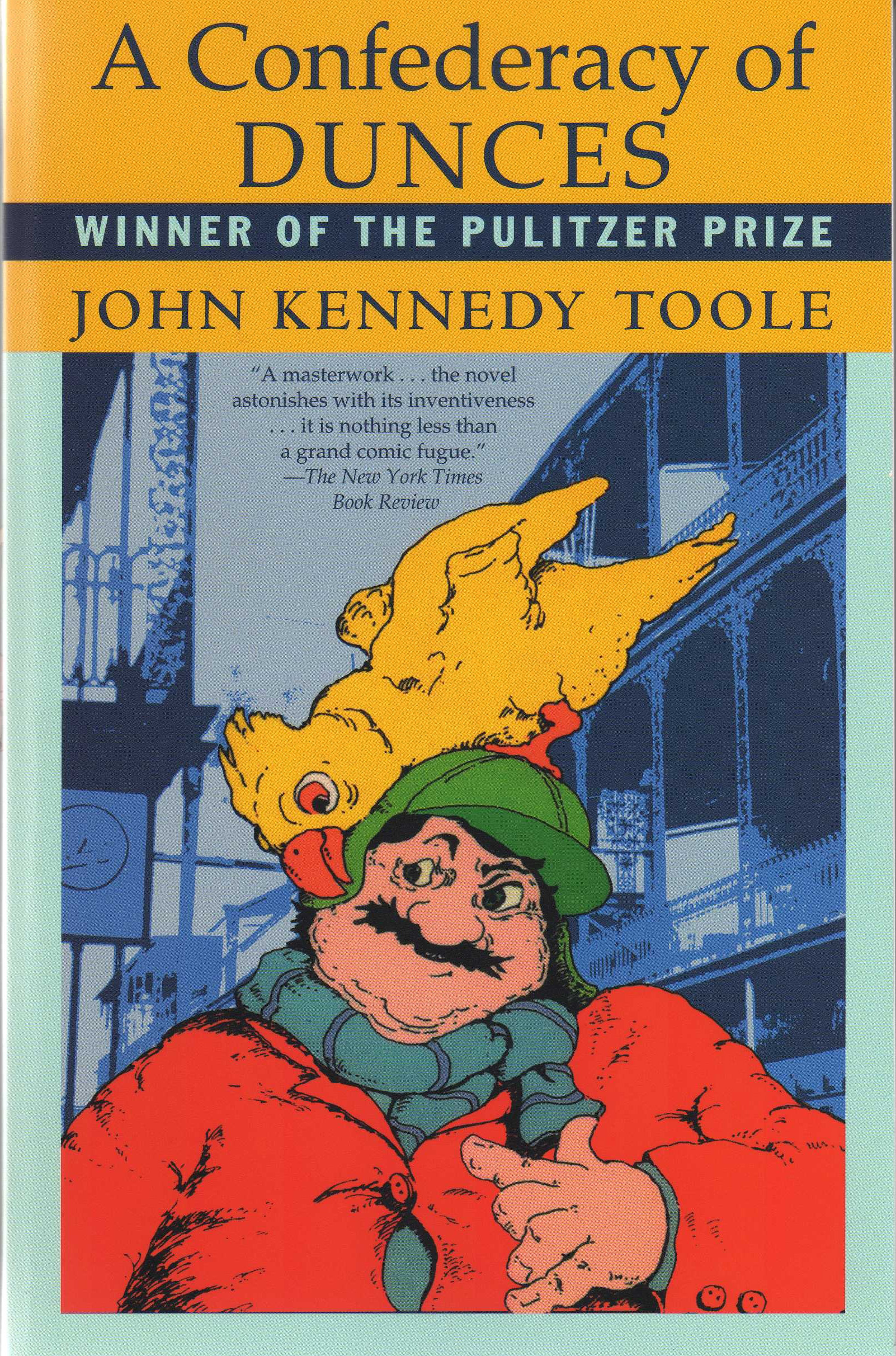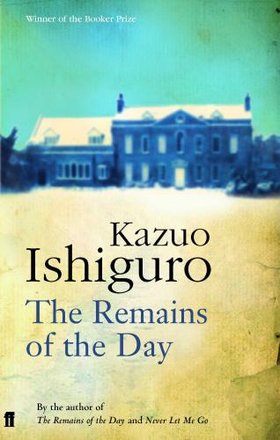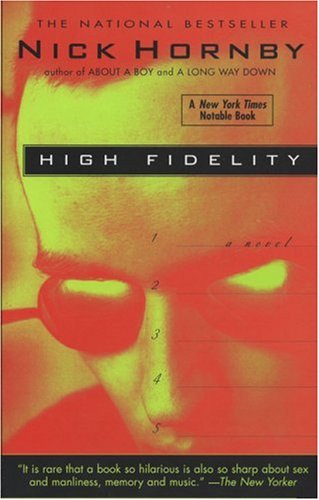(Original review posted on Goodreads:- March 8th, 2013)
Putting into exact words all the feelings this book evokes in the reader, is a task not just
tremendously challenging but virtually impossible to execute.
After getting through the first few pages, I felt like Naomi Watts in The Ring, being pulled into the world of the creepy video by Samara.
I know that's a rather cheap analogy. Comparing a creation of one of the most well known post-modernist writers to have emerged from Europe to a Hollywood version of a Japanese film, is pretty close to blaspheming.
But then nothing more apt comes to mind at the moment.
If on a winter's night a traveler is Calvino's tribute to the spirit of reading, writing and the utterly unique but beautiful relationship between a writer and a reader.
In an inimitable style and with mordant wit he has dissected the art of writing and the melange of emotions any writer is bound to go through while working on his newest masterpiece, irrespective of whether it is aimed at garnering record sales or becoming a piece of critically acclaimed literature. He has also reached out from within the pages of the book, grabbed hold of the reader, sucked him/her right into the heart of the narrative(if you call it that) and taken him/her on a delightfully unpredictable journey where he/she is simultaneously the reader, the writer and a character at the mercy of a writer's whims.
In a nutshell, this is Italo Calvino serenading the reader and the spirit of this wonderful but singular form of communication that exists between two individuals who may never know each other in person but for a few blissful hours/days of their lives, feel bonded to each other on an alternate level in ways, unimaginable by a third party.
Because just as the reader tries to form an image of the story-teller in his/her mind, the writer too keeps his/her prospective reader in mind while penning down his/her thoughts.
A pure work of genius that is bound to enthrall readers for generations to come and perhaps it won't be an exaggeration to state that many aspiring writers may want to adopt this book as their Bible.
P.S:- Not recommended for readers looking for a great story to read. Since this is Calvino manipulating, baffling, exasperating and dazzling the reader in equal measure and in quick succession by writing the exact opposite (for lack of a better term) of a conventional novel.
5 out of 5 stars.
Putting into exact words all the feelings this book evokes in the reader, is a task not just
tremendously challenging but virtually impossible to execute.
After getting through the first few pages, I felt like Naomi Watts in The Ring, being pulled into the world of the creepy video by Samara.
I know that's a rather cheap analogy. Comparing a creation of one of the most well known post-modernist writers to have emerged from Europe to a Hollywood version of a Japanese film, is pretty close to blaspheming.
But then nothing more apt comes to mind at the moment.
If on a winter's night a traveler is Calvino's tribute to the spirit of reading, writing and the utterly unique but beautiful relationship between a writer and a reader.
In an inimitable style and with mordant wit he has dissected the art of writing and the melange of emotions any writer is bound to go through while working on his newest masterpiece, irrespective of whether it is aimed at garnering record sales or becoming a piece of critically acclaimed literature. He has also reached out from within the pages of the book, grabbed hold of the reader, sucked him/her right into the heart of the narrative(if you call it that) and taken him/her on a delightfully unpredictable journey where he/she is simultaneously the reader, the writer and a character at the mercy of a writer's whims.
In a nutshell, this is Italo Calvino serenading the reader and the spirit of this wonderful but singular form of communication that exists between two individuals who may never know each other in person but for a few blissful hours/days of their lives, feel bonded to each other on an alternate level in ways, unimaginable by a third party.
Because just as the reader tries to form an image of the story-teller in his/her mind, the writer too keeps his/her prospective reader in mind while penning down his/her thoughts.
A pure work of genius that is bound to enthrall readers for generations to come and perhaps it won't be an exaggeration to state that many aspiring writers may want to adopt this book as their Bible.
P.S:- Not recommended for readers looking for a great story to read. Since this is Calvino manipulating, baffling, exasperating and dazzling the reader in equal measure and in quick succession by writing the exact opposite (for lack of a better term) of a conventional novel.
5 out of 5 stars.



